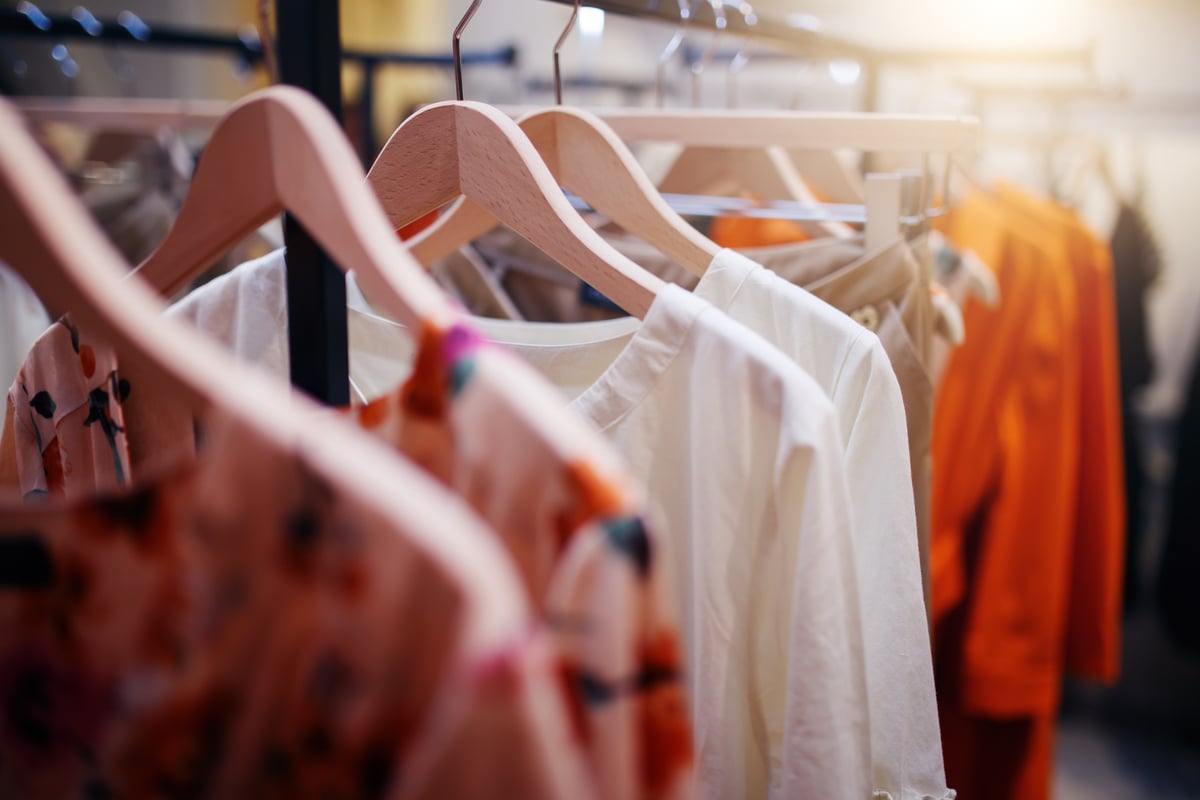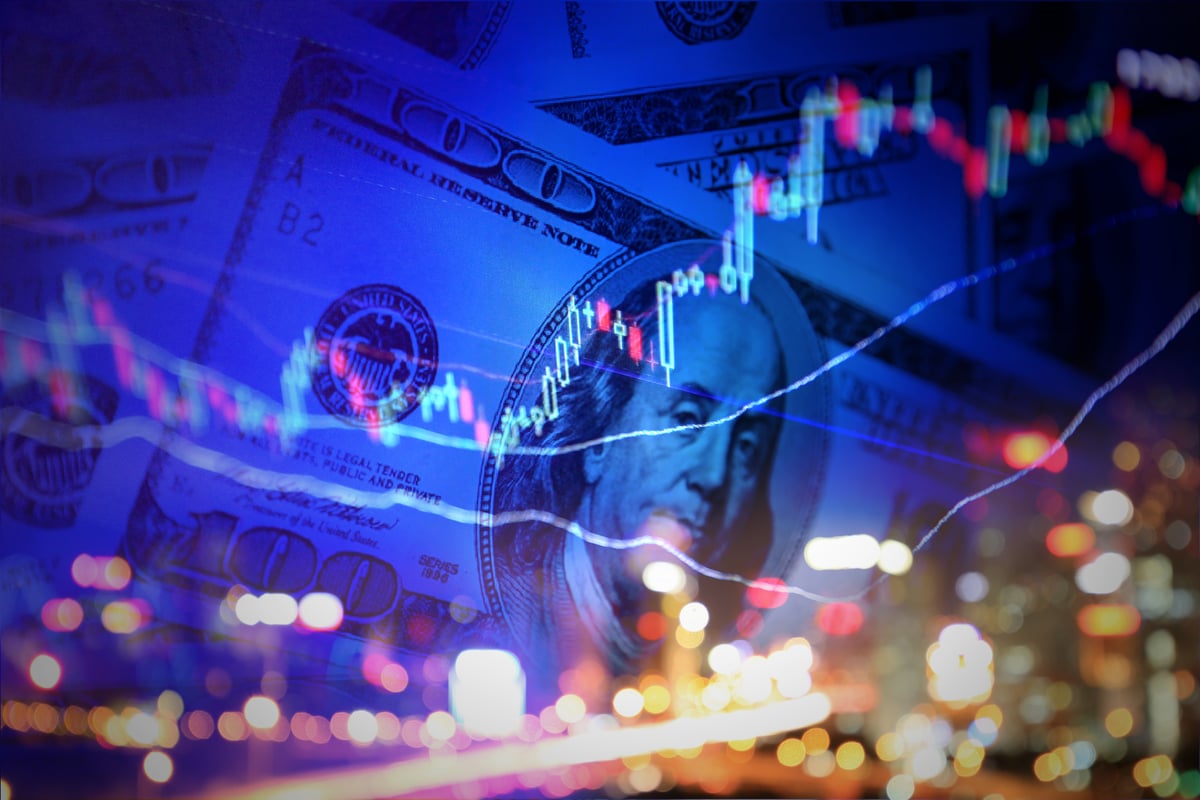The U.S. and Mexico just signed a new trade agreement so that tariff hikes that were expected to be implemented this week won't happen, defusing a potential problem for companies importing goods from south of the border.
Yet trade tensions with China continue to simmer, and a new round of increased tariffs has been proposed on some $300 billion worth of imports, including on all clothing and footwear, sporting goods, toys, and agricultural products. If the tariffs go up on these so-called List 4 products, customers and businesses will take a hit to the pocketbook.

Image source: Getty Images.
An ill wind that blows nobody any good
The escalating trade dispute is roiling retailers who are scrambling to mitigate the fallout from the increases, negotiating with their suppliers, sourcing products from different countries, and raising prices. While a number of retailers, such as the deep-discount dollar-store chains, have been able to mitigate the worst of the increase to a 25% tariff on so-called List 3 items, the next tranche -- if it happens -- won't be so easy to offset.
Home Depot in late May said the proposed tariffs would add $1 billion to its costs, but noted that is less than 1% of total sales. Kohl's lowered its full-year earnings guidance due in part to the impact of tariffs, and new levies could fall particularly hard on retailers such as Bed Bath & Beyond and Dick's Sporting Goods, which are estimated to import more than half of their merchandise from China.
Yet not every retailer is at risk, and in fact, some might even profit from an escalation of trade tensions. Here are three in particular that could be big beneficiaries from further tariff hikes.
TJX Companies
TJX Companies (TJX 0.17%) operates clothing retailers T.J. Maxx and Marshall's as well as home-furnishings outlets Home Goods and Homesense. It says its global buying operations engage in "opportunistic buying strategies," picking up goods and benefiting from occurrences such as order cancellations, manufacturer overruns, and closeouts. Those situations are more likely to happen as retailers scramble to mitigate the potential damage from rising tariffs. Their lemons could be TJX's lemonade.
CEO Ernie Herrman told analysts during the company's May 21 conference call that:
Historically, disruptions in the marketplace have created off-price buying opportunities for us. Further, because of our great values, if retail prices overall increase, that may create an opportunity for us to attract new customers. Above all, we will always maintain a value gap versus other retailers.
Burlington Stores
Burlington Stores (BURL 0.66%) has an "open to buy" model under which it buys merchandise both pre-season and in-season and adjusts its buying based on what it needs. It offers consumers national, name-brand products that are both fashionable and high quality, but also priced at a discount.
CEO Thomas Kingsbury echoed Herrman's feelings, saying in the company's late May conference call with analysts:
We believe over time tariffs may cause disruption in the supply chain, which is typically a positive for off-price retailers. In addition, if prices do go up across retail, this could possibly make value an even more important driver of consumers into the off-price channel.
Ollie's Bargain Outlet
Being able to purchase closeout items from other retailers creates opportunities to pick up goods that others need to let go, and during a trade war, there can be more of that as retailers who bulked up on orders early to beat the tariff hikes may have misjudged the market or demand.
Ollie's Bargain Outlet (OLLI +1.08%) CEO Mark Butler was already thinking about the potential to benefit from tariffs last year, noting Ollie's was "aggressively pursuing overseas: stock lots, cancelled orders, discontinued items," and more. In the company's June 6 conference call, Butler noted that "while we are ready, willing and able to take advantage of any disruption, we haven't seen a lot come through with [the 10% tariff, but] I believe there is a possibility that if and when the additional 15% goes through, that might become a little bit more accentuated, and there might be some more canceled orders."
Playing all the angles
These off-price retailers can benefit in two ways from the trade war. They can get deals from retailers who are having inventory issues and they can get sales from shoppers looking to save a buck. That could be a win-win for investors.








